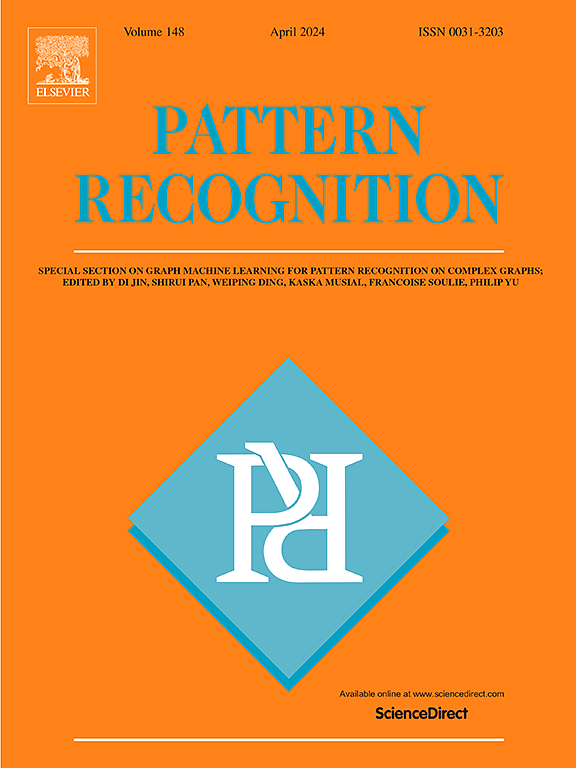基于角色的全局作者姓名消歧框架
IF 7.5
1区 计算机科学
Q1 COMPUTER SCIENCE, ARTIFICIAL INTELLIGENCE
引用次数: 0
摘要
长期以来,学术界一直面临着作者名称消歧(AND)问题,即不同作者使用相同的名称。大多数现有方法将AND形式化为聚类论文的任务,基于论文越相似的假设,它们越有可能是同一研究人员的工作。本文介绍了一个基于全局角色的作者姓名消歧框架GRAND。它通过区分现实世界的研究者和他/她扮演的作者角色来重新定义AND问题,将其形式化为角色玩家匹配问题。在此基础上,提出了一种基于元路径的嵌入聚类策略,并结合全局合著者抽样算法来解决合著者对中的歧义问题。最后,采用一组基于规则的指标将现实世界的研究人员与其作者角色相匹配。GRAND的创新之处在于它将全局元路径嵌入方法和基于规则的作者映射相结合。它有效地处理了模糊的合著者关系。此外,它结合了局部和全局信息,并通过区分研究人员和他们所扮演的作者角色来改善消歧。实验结果表明,GRAND优于几种最先进的方法,在三个数据集上f1分数提高了0.49%至5.45%。本文章由计算机程序翻译,如有差异,请以英文原文为准。
A framework for global role-based author name disambiguation
The academic community has long been confronted with the issue of Author Name Disambiguation (AND), where different authors share the same name. Most existing methods formalize AND as a task of clustering papers, based on the assumption that the more similar the papers are, the more likely they are to be the work of the same researcher. This paper introduces a framework for global role-based author name disambiguation, GRAND. It redefines the problem of AND by distinguishing between a real-world researcher and the author roles he/she plays, formalizing it as a role player matching problem. Furthermore, it proposes an embedding and clustering strategy based on meta-path, combined with a global coauthor sampling algorithm to address ambiguity in coauthor pairs. Finally, a set of rule-based metrics are employed to match real-world researchers with their author roles. The innovation of GRAND lies in its combination of global meta-path embedding method and rule-based author mapping. It effectively handles fuzzy coauthor relationships. In addition, it combines local and global information, and it improves disambiguation by distinguishing between researchers and the author roles they plays. The experimental results show GRAND out-performs several state-of-the-art approaches, with the F1-score improving by 0.49% to 5.45% across the three datasets.
求助全文
通过发布文献求助,成功后即可免费获取论文全文。
去求助
来源期刊

Pattern Recognition
工程技术-工程:电子与电气
CiteScore
14.40
自引率
16.20%
发文量
683
审稿时长
5.6 months
期刊介绍:
The field of Pattern Recognition is both mature and rapidly evolving, playing a crucial role in various related fields such as computer vision, image processing, text analysis, and neural networks. It closely intersects with machine learning and is being applied in emerging areas like biometrics, bioinformatics, multimedia data analysis, and data science. The journal Pattern Recognition, established half a century ago during the early days of computer science, has since grown significantly in scope and influence.
 求助内容:
求助内容: 应助结果提醒方式:
应助结果提醒方式:


